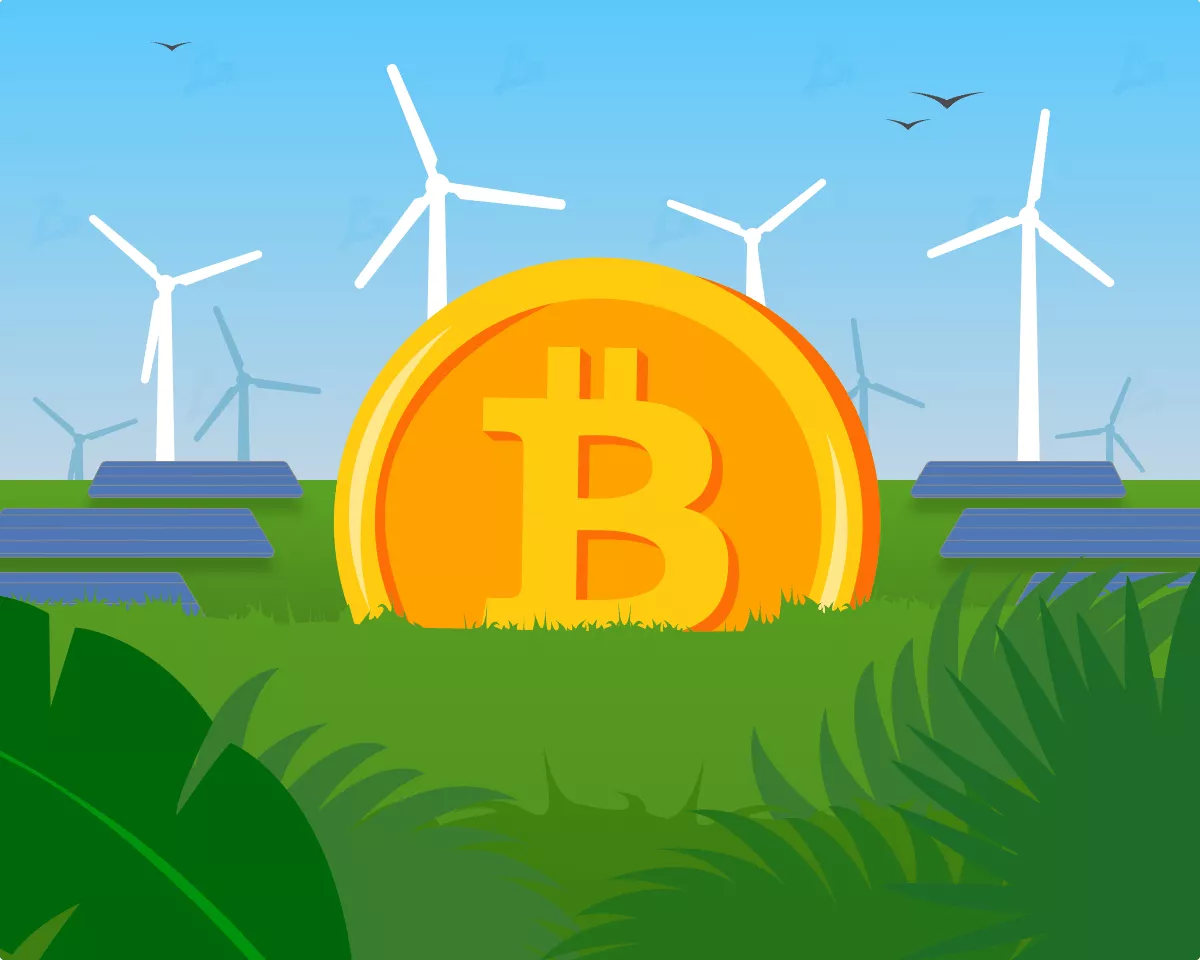Bitcoin mining has grown into a major cryptocurrency industry sector. It has boosted the economy by creating jobs, promoting technology, and enabling financial inclusion. Bitcoin mining is boosting the economy, but its environmental impact raises concerns about its sustainability. Bitcoin mining’s economic benefits and environmental impacts make it a complicated issue.
Economic Contributions of Bitcoin Mining
The cryptocurrency ecosystem depends on Bitcoin mining. Bitcoin blockchain transactions are verified by miners using “proof-of-work,” solving complex mathematical puzzles. This requires lots of computation and energy. Bitcoin mining has created useful hardware, data centers, and infrastructure. Energy-rich areas receive jobs and economic growth from mining. Bitcoin mining has increased China, Russia, and US hardware, energy, and job growth. Indirectly, Bitcoin mining improved finance. Encouraged blockchain and decentralized finance. In bankless areas, industries promote financial inclusion.
Environmental Criticism Bitcoin Mining
Bitcoin mining is criticized for its environmental impact despite its economic benefits. Carbon emissions are high because the process uses a lot of fossil fuel electricity. Sustainability is important because bitcoin mining’s energy use could harm the environment, according to Nature Communications. Additionally, Bitcoin mining generates significant electronic waste. Mining companies discard equipment quickly due to hardware obsolescence, creating global e-waste. Bitcoin miner e-waste may exceed 64.4 metric kilotons annually.
Regional Environmental Bitcoin Mining
Depending on the energy mix and mining techniques, Bitcoin mining leaves different environmental footprints depending on the location. For instance, research on Bitcoin mining activities in the United States revealed that, between mid-2022 and mid-2023, they consumed 32.3 terawatt-hours of electricity of which 85% came from fossil fuels. Millions of Americans, even those living hundreds of miles from mining sites, have been impacted by the rising air pollution resulting from this consumption.

Balancing Bitcoin Mining’s Impact
Bitcoin mining must balance economic and environmental impacts. The industry is said to boost economic growth and technology in renewable energy-rich areas. Using mining waste heat for other activities and expanding renewable energy are climate benefits. Bitcoin mining’s environmental impact needs regulatory intervention and technological advances, say critics. Mining practices must be reevaluated to meet global sustainability goals as the digital currency sector grows.
Conclusion
Bitcoin mining illustrates the complex interplay between growth in the economy and preservation of the environment. It offers enormous economic opportunities while simultaneously posing serious environmental challenges. We must address these issues and ensure that the benefits of Bitcoin mining do not compromise environmental health by implementing comprehensive regulatory frameworks, adopting renewable energy sources, and technological advancements, among many other strategies.







